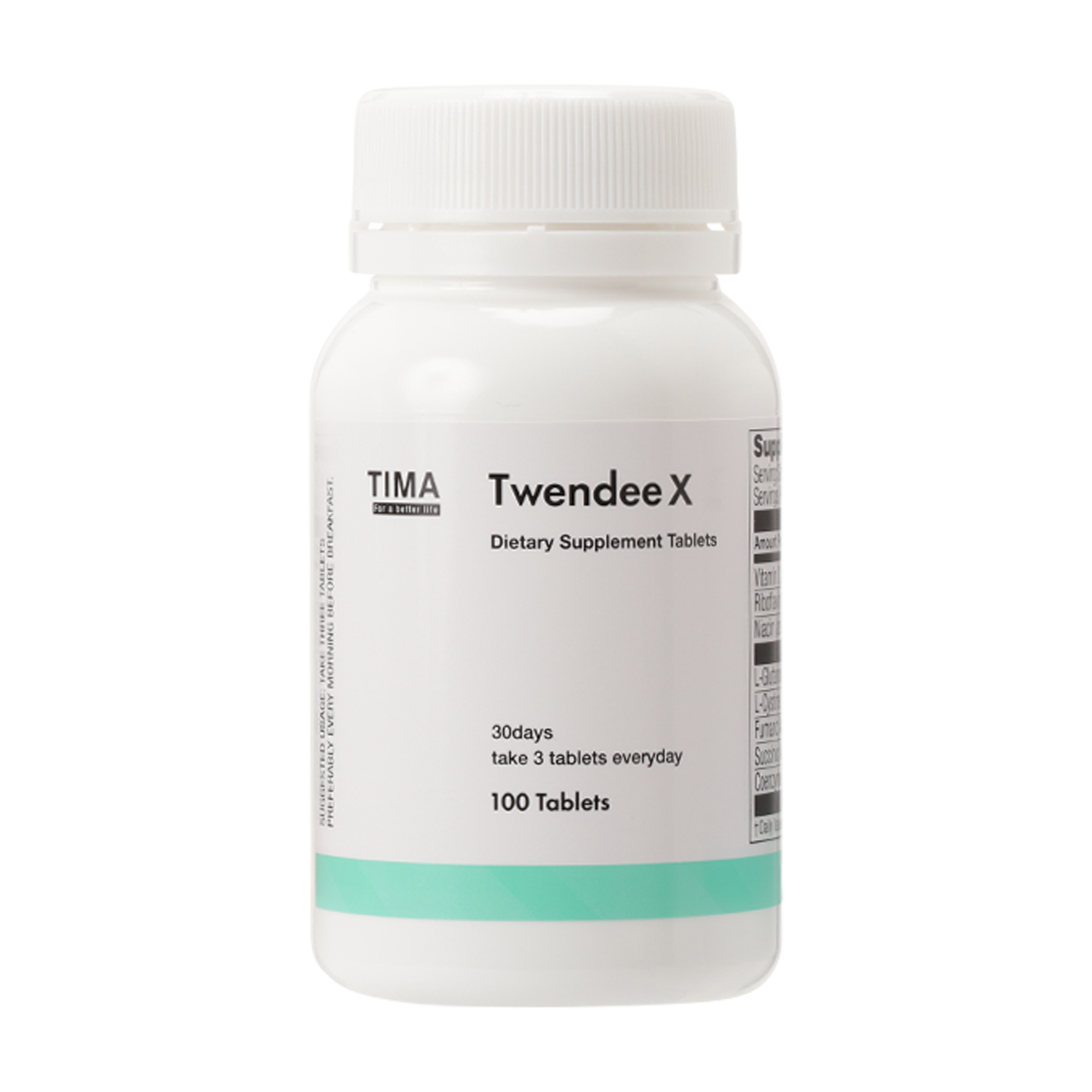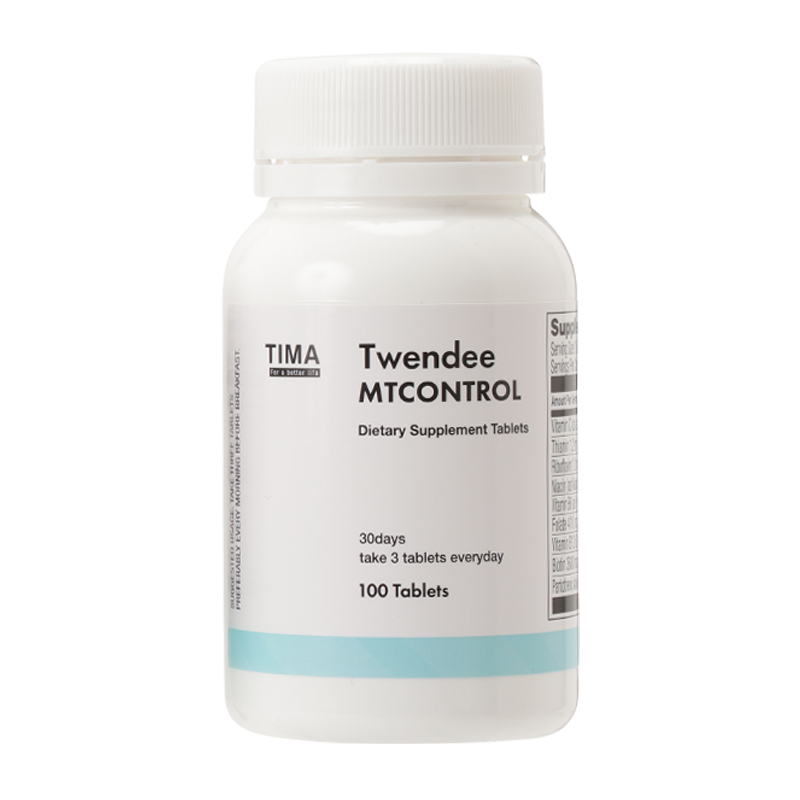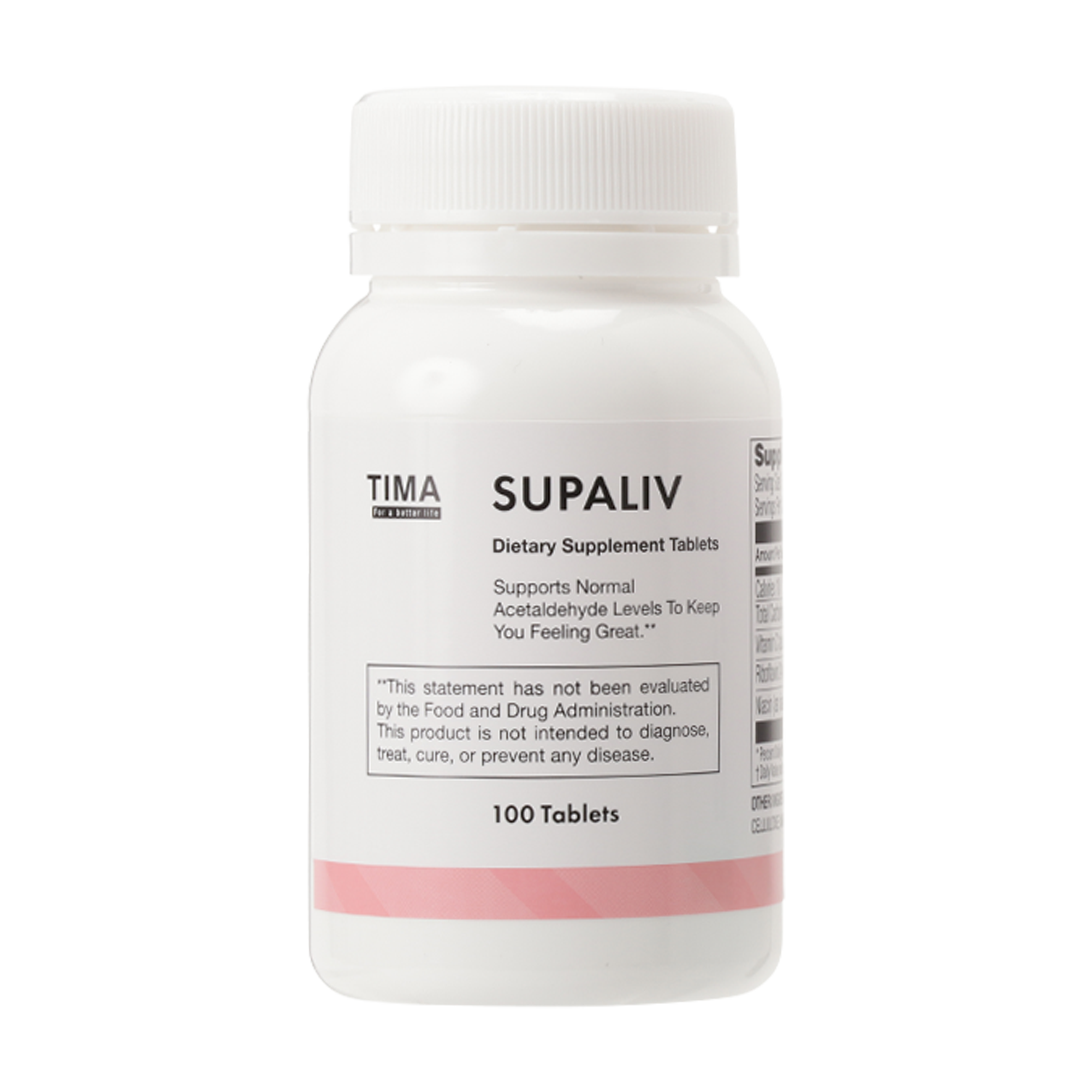Thesis on Oxidative Stress and "heart failure"
- Paper title
- Oxidative stress-induced signal transduction pathways in cardiac myocytes: involvement of ROS in heart diseases.
- Abstract summary
- Reactive oxygen species are increased in the failing heart and involved in atherosclerosis, myocardial ischemia/reperfusion injury, and heart failure.
- Authors
- H. Takano, Y. Zou, H. Hasegawa, H. Akazawa, T. Nagai, I. Komuro
- Journal
- Antioxidants and Redox Signaling
- Semantic Scholar URL
- https://semanticscholar.org/paper/b7b01ee758afd88ddfa2356720ab92be4d4a9ec0
- Abstract
-
Reactive oxygen species (ROS) are proposed to contribute to the deterioration of cardiac function in patients with heart diseases. It has been reported that ROS are increased in the failing heart and involved in atherosclerosis, myocardial ischemia/reperfusion injury, and heart failure. Antioxidant enzymes are decreased in the decompensated heart, depressing defense mechanisms against oxidative stress. A variety of proteins, including receptors, ionic channels, transporters, and components of signal transduction pathways, are substrates of oxidation by ROS. ROS also function as signal transduction intermediates to induce transcription factor activation, gene expression, cell growth, and apoptosis. Recently, the upstream and downstream molecules of ROS in signal transduction pathways have been the subjects of intense investigation. These molecules include the mitogen-activated protein kinase family, the Rho family of small GTP binding proteins, the Src family of tyrosine kinases, Ras, and cytokines. The modulation of oxidative stress-induced signaling pathways is effective for preventing the progression of heart diseases.








